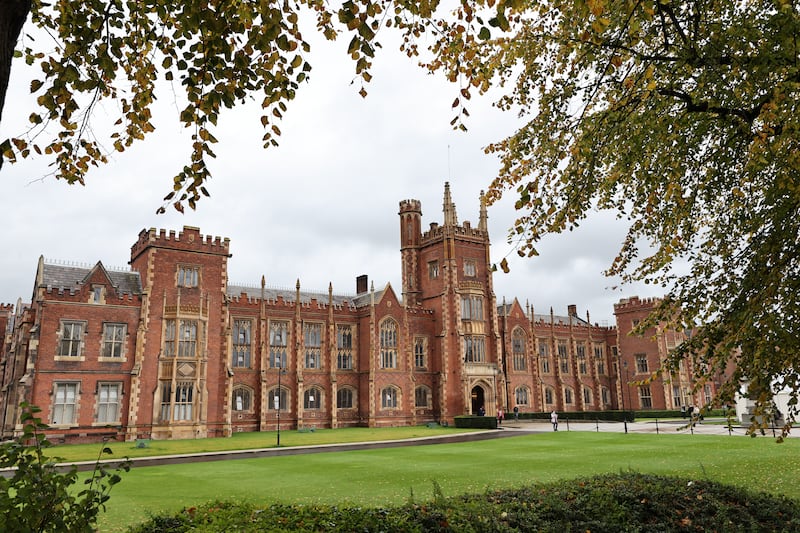A £12 million research centre aimed at improving clinical trials for rare diseases has been developed by Queen’s University Belfast.
There are more than 110,000 people living with rare conditions in Northern Ireland with fewer than 5% of the conditions having an approved therapy.
With more trials with innovative designs urgently required, the LifeArc Centre for Acceleration of Rare Disease Trials brings together researchers at QUB, Newcastle University and University of Birmingham to pool their expertise.
The centre aims to improve clinical trials for rare diseases and increase the number of opportunities for patients to take part.
Researchers will create a rare disease trial recruitment portal as well as design and deliver trials in partnership with patients, which it is hoped will speed up the delivery of clinical trials and enable more rapid approval of new therapies for use in the NHS.
Professor Amy Jayne McKnight from QUB, co-lead in the project, said: “This new centre will establish a collaborative NI rare disease trials hub that will support in building local infrastructure and skills and allow capacity for trial design and delivery.
“In addition, the centre will aid in the development of practical tools to support patients and doctors in participating in research, creating opportunities for international research and further investment, whilst ensuring the voices of patients and families remain at the centre of this progress.
“Lived experience from patients and their families across NI was crucial in helping shape the design of this centre to be of maximum benefit.”
Kerry Leeson-Beevers’ son lives with the rare genetic condition, Alström Syndrome, which often causes loss of vision and hearing and can lead to serious life-threatening problems with the heart, liver and kidneys.
“We have no specific treatment for Alström Syndrome and when my son, Kion, was a baby, I was told it could take around 10 years for any treatment to be developed,” she said.

“Twenty years later, we are still waiting.
“People living with rare conditions don’t have the luxury of time and the mainstream way of delivering healthcare and drug development rarely works for people with rare conditions.
“As a mum and the chief executive of Alström Syndrome UK, having a centre that will deliver a coordinated, inclusive and supportive approach to accelerate clinical trials gives me great hope.”







